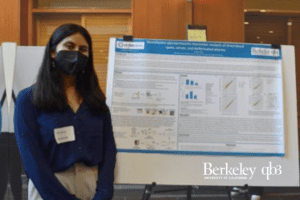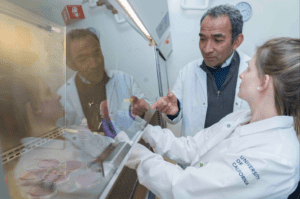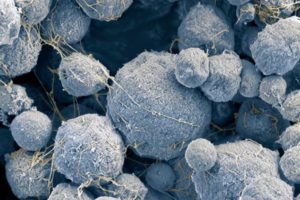
Professional in Residence interview with Miki Yamamoto: Finding a Path in Regulatory Affairs
January 11, 2023
Miki Yamamoto, PhD, is the vice president and head of regulatory affairs at Arrivent Biopharma. Yamamoto is joining the QB3-Berkeley Professionals in Residence (PIR) program on February 9th 2023. UC Berkeley and LBL trainees may register for Yamamoto’s events here. Yamamoto spoke with graduate student Anneliese Gest about her journey in regulatory affairs. Anneliese Gest:…






